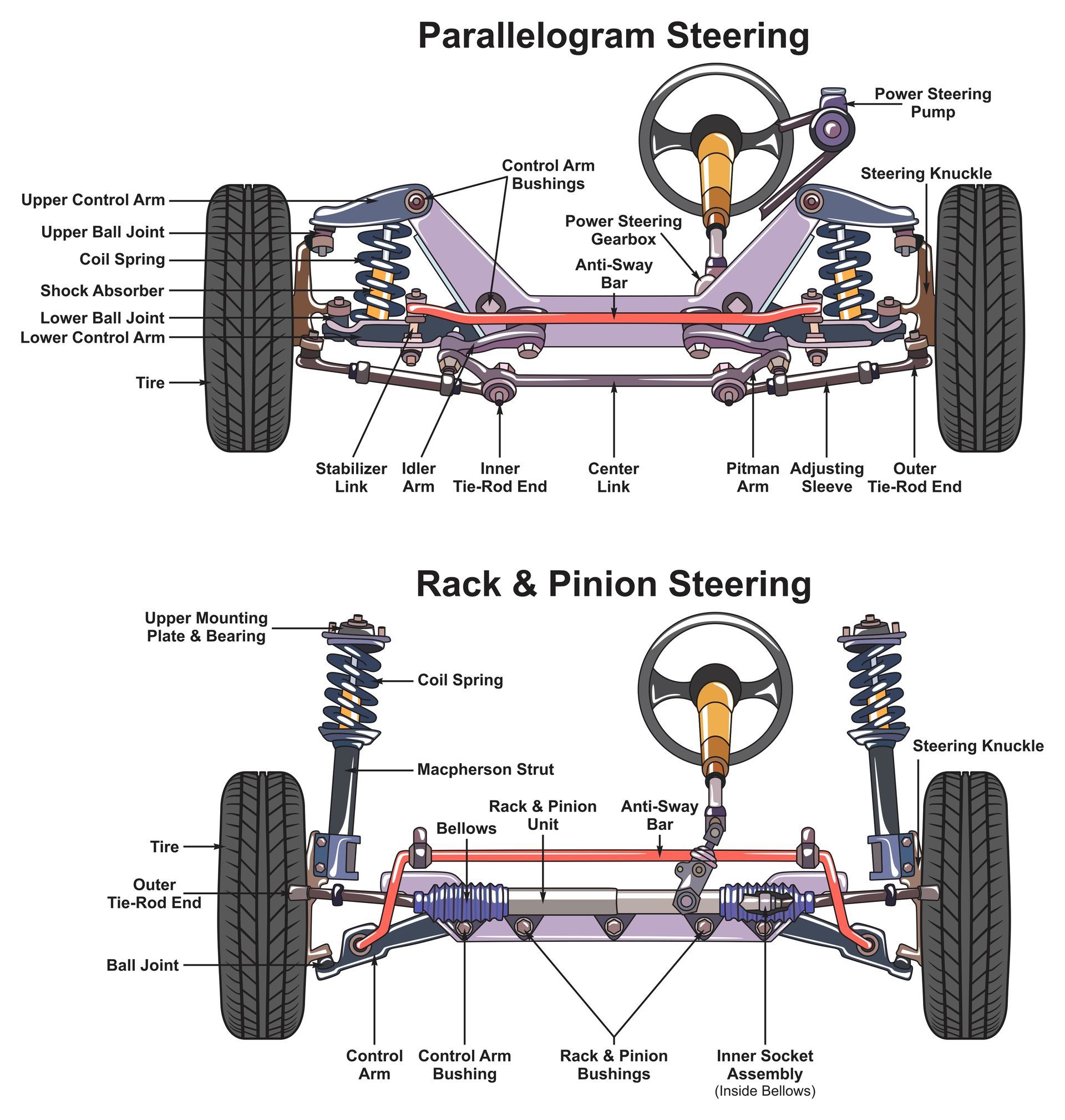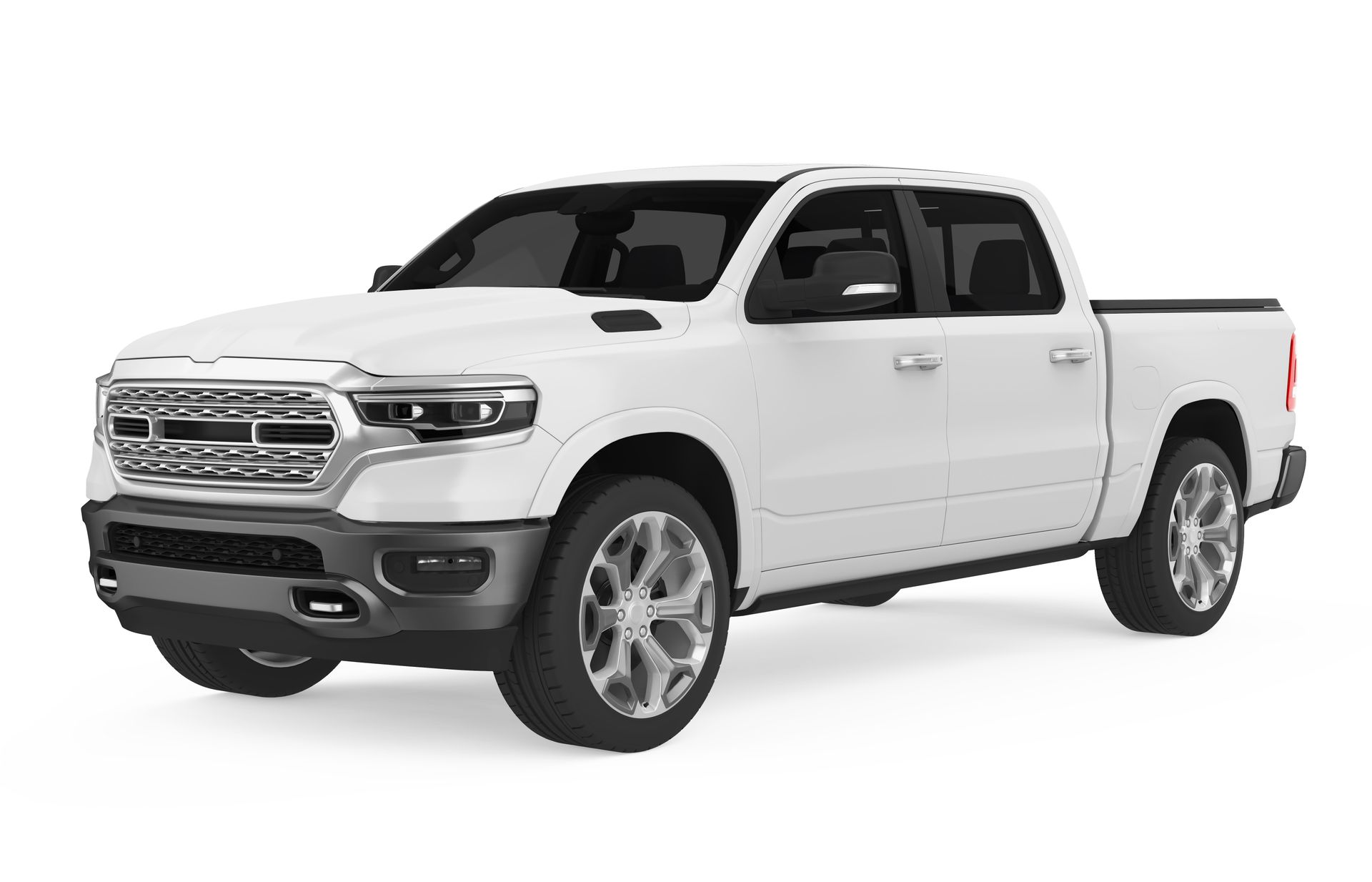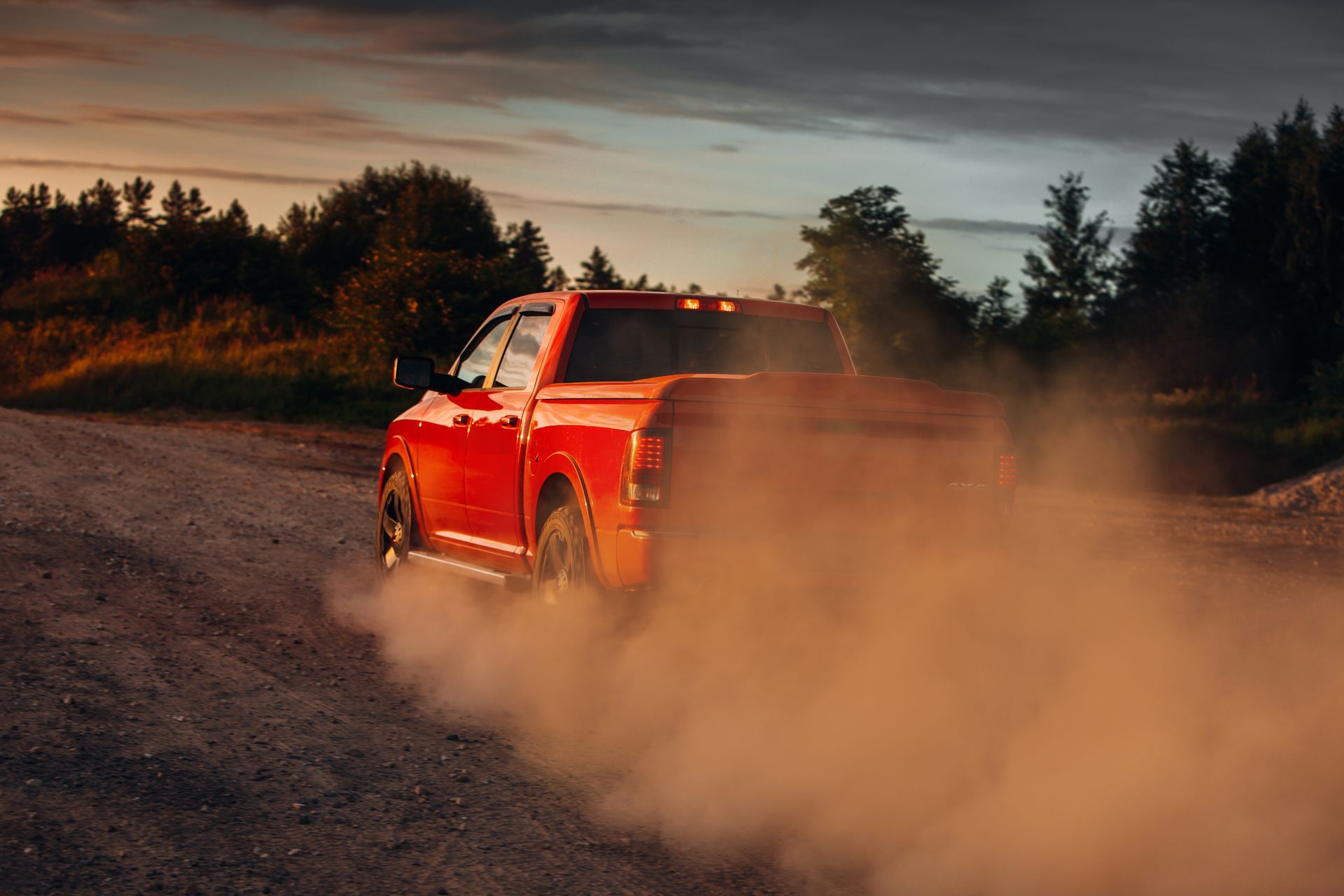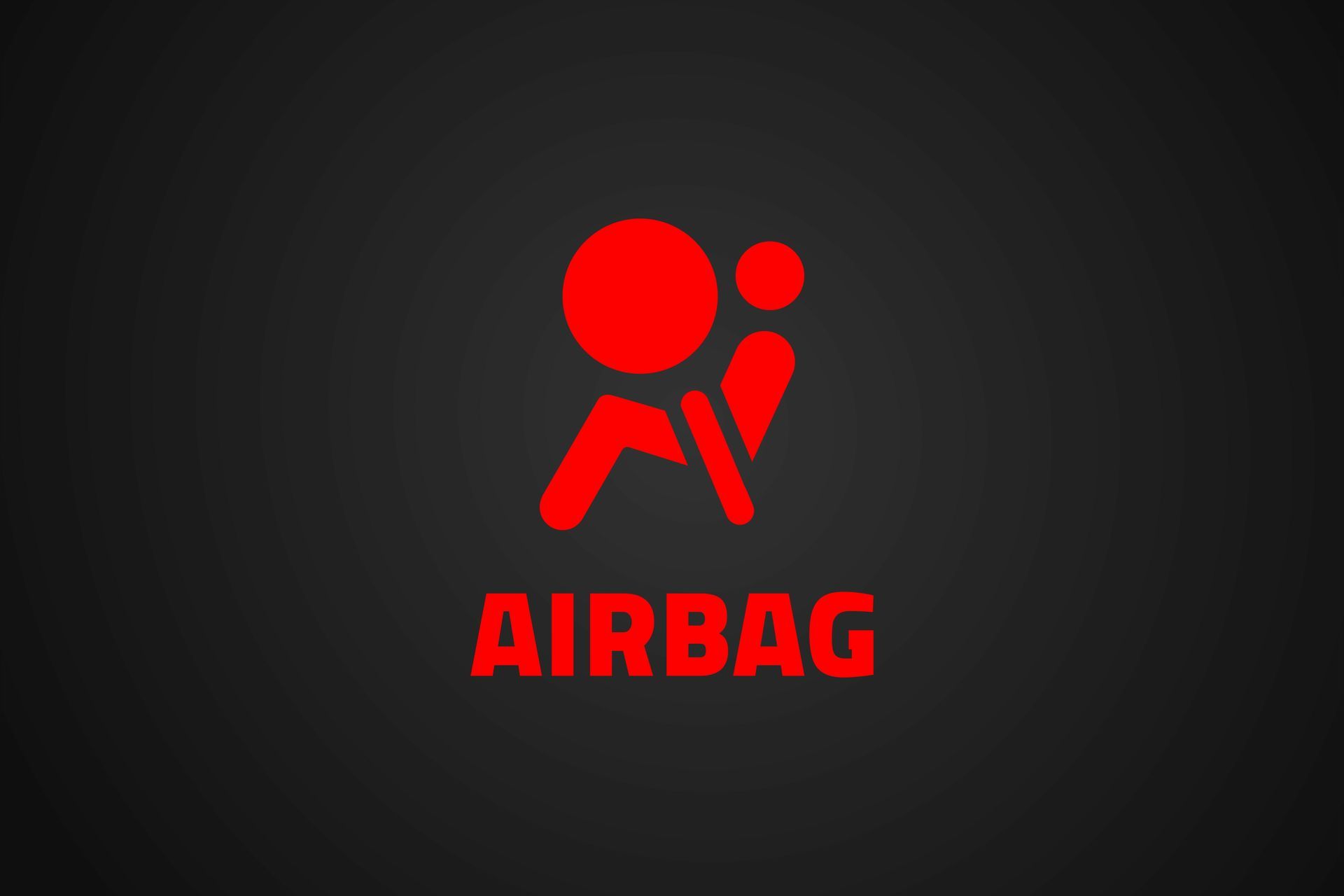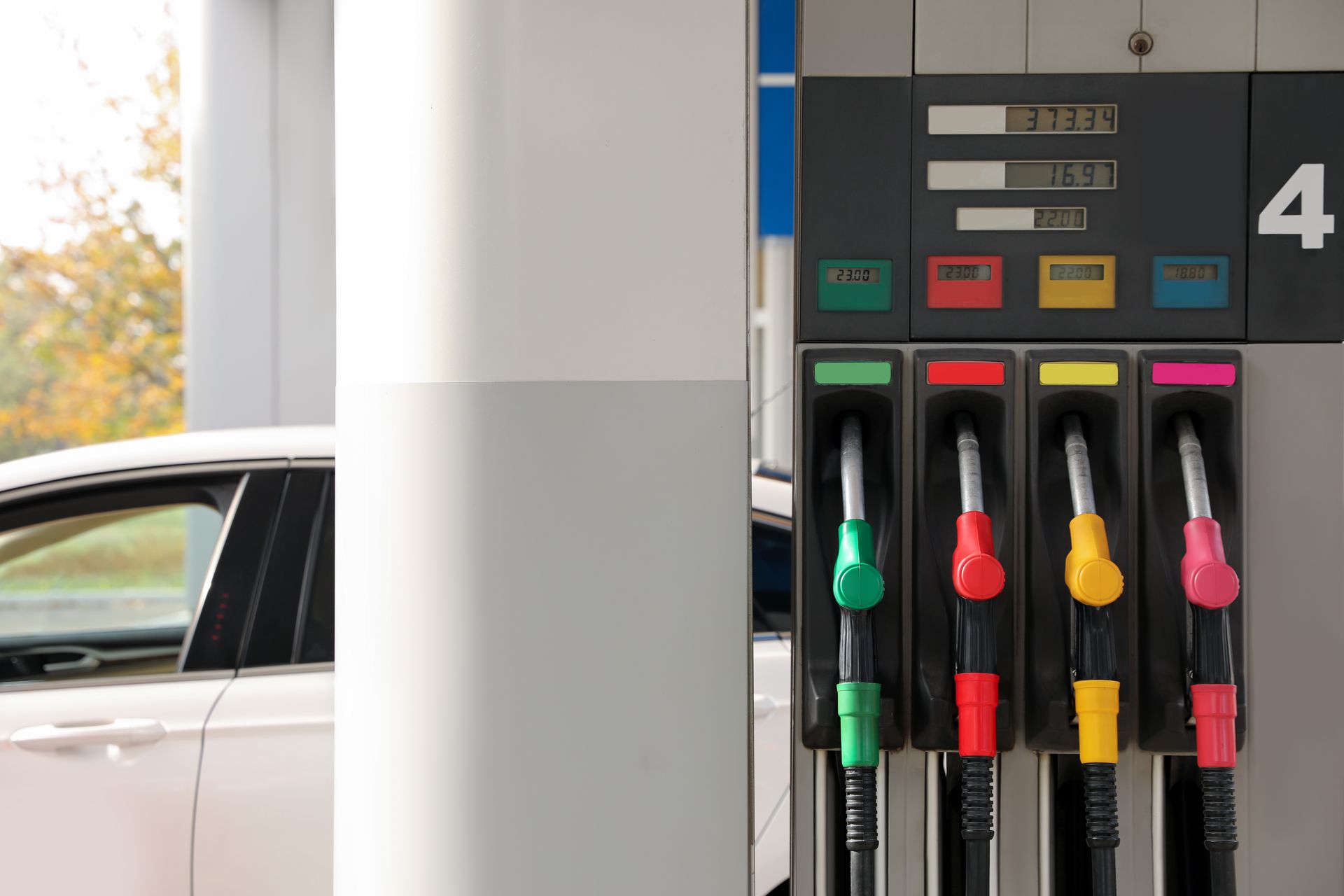Dealing with an overheating car can be stressful, especially if you’re on a busy road or far from help. Knowing what to do can save your engine from severe damage, whether it’s a sudden steam cloud rising from under the hood or the temperature gauge hitting the red zone. Drivers in Parker Road, TX, are no strangers to hot weather, making it even more important to understand how to handle this situation.
Recognizing the Signs of Overheating
Your car often gives you a heads-up before things get critical. The temperature gauge may creep higher than usual, or you might see steam coming from the engine. In some cases, a warning light on the dashboard will alert you to an issue. If you notice any of these signs, it’s time to act quickly to prevent further complications.
Pull Over Safely and Turn Off the Engine
As soon as you realize your car is overheating, find a safe spot to pull over. Turn off the engine to allow it to cool down. It’s important to avoid driving any further, as this can cause permanent damage to the engine components. Once you’re parked, open the hood carefully. Be cautious of any steam, as it can cause burns.
Let the Engine Cool Before Taking Action
Patience is key here. You need to wait at least 15–30 minutes for the engine to cool completely before inspecting it. Touching parts while they’re still hot could lead to serious injuries.
If you're familiar with your car's cooling system, it’s a good idea to check your coolant levels while you wait. Look for the coolant reservoir, which is usually a translucent plastic tank near the radiator. If the level is low and you have coolant available, you can top it off once the engine is cool.
Inspect for Leaks or Visible Damage
After the engine has cooled, inspect for any obvious issues like coolant leaks, broken belts, or damaged hoses. Leaks can often be identified by a puddle of fluid under your car or residue around the radiator and hoses.
If you can’t identify the problem or feel unsure about continuing your trip, calling for roadside assistance is a smart move. Continuing to drive an overheating vehicle risks causing extensive and costly engine damage.
Refill Coolant
If your coolant levels are low and you have some in the car, slowly add it to the reservoir. Make sure to use the correct type of coolant for your vehicle. Never pour cold water or coolant into a hot radiator, as the temperature difference can crack the engine block or radiator.
Once the coolant has been refilled, start the car and monitor the temperature gauge. If it returns to a normal range, you may be able to drive to the nearest repair shop. If not, it’s best to have the car towed.
Preventing Future Overheating Issues
The best way to avoid dealing with an overheating car is regular maintenance. Ensure that your cooling system is checked during routine vehicle inspections. This includes examining the coolant levels, radiator, hoses, and water pump.
Parker Road, TX, drivers should also be mindful of extreme heat and plan for these conditions by keeping a coolant jug in the trunk. Be proactive about replacing coolant at the intervals recommended by your vehicle’s manufacturer.
Know When to Seek Professional Help
Sometimes, overheating issues are caused by underlying problems such as a malfunctioning thermostat, clogged radiator, or failing water pump. These require professional attention to diagnose and repair.
If your car overheats frequently or you notice persistent issues with your cooling system, schedule an inspection as soon as possible. Ignoring the problem can lead to engine failure, which is far more expensive to repair.
Stay Safe and Be Prepared
Dealing with an overheating car doesn’t have to be overwhelming. By staying calm, following the steps outlined above, and addressing the root cause of the problem, you can minimize stress and avoid costly repairs. Regular vehicle maintenance and preparedness are your best defenses against unexpected breakdowns.
Stay safe on the road with professional cooling system inspections from
Kwik Kar Auto Repair. Located in Parker Road, TX, we’re here to help you avoid overheating and keep your car running efficiently. Call us to book your service today!


